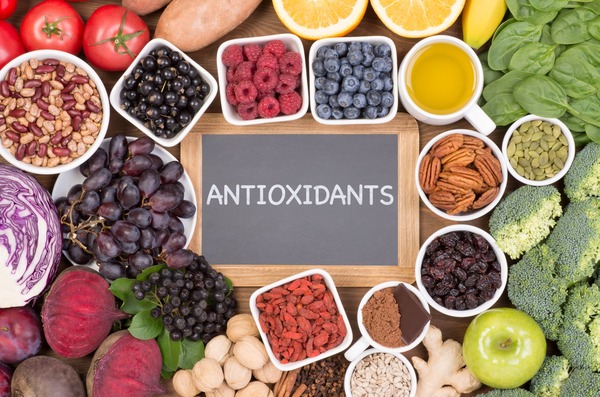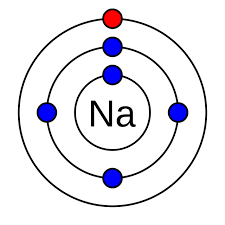Free radicals in the body, like aging, is an opponent that has never been defeated. Understanding the game while participating against this opponent is important. Also knowing that we can help ourselves immensely by addressing free radicals in the body is even more important.
Understanding the aging process begins with a rudimentary understanding of chemistry. Yes, chemistry. A free radical is an atom that contains an unpaired electron in its outer orbit (“shells”). Each shell is filled by a set number of electrons. When a shell is full, electrons begin filling the next shell. If an atom has an outer shell that is not full, it may bond with another atom, using the electrons to complete its outer shell. These types of atoms are known as free radicals. What are free radicals in the body? Free radicals are a natural byproduct of various processes within our bodies, such as metabolism and immune response. Because of the bonding, or lack of bonding they are unstable and highly reactive. An excess of free radicals contributes to cellular damage and potentially increasing the risk of chronic diseases.
What are Free Radicals in the Body
Free radicals will seek out other cellular components such as proteins, or cell membranes causing stress to the body. This stress is known as oxidative stress. Oxidative stress caused by free radicals is linked to various aging diseases. The body’s cells produce free radicals during normal metabolic processes. As the body ages, it loses its ability to fight the effects of free radicals. Some of these negative associations of free radicals include:
- Central Nervous Diseases such as Alzheimer’s and dementia
- Cataracts and age-related vision decline
- Genetic degenerative diseases such as Parkinson’s
- Cardiovascular disease due to clogged arteries
- Autoimmune and inflammatory diseases including rheumatoid arthritis and even some cancers
- Age-related changes in appearances, such as loss of skin elasticity, wrinkles, graying hair, hair loss, and changes in hair texture

While we cannot eliminate free radicals, lifestyle factors can reduce their production. Consider reducing the following factors, as much as possible in your lifestyle:
- Smoking
- Alcohol
- Fried foods
How to Reduce Free Radicals in the Body
The body also produces antioxidants that can neutralize free radicals during the normal metabolic process as well. The body’s nutritional needs are assisted by it’s antioxidant requirements. Getting antioxidants from food is better than taking supplements.
Vitamins A, C, and E are found in leafy green, nuts, seeds and olive oil. Carotenoids are found in carrots (beta-carotene), tomatoes (lycopene) and spinach and kale (lutein). Carotenoids are specific to eye health and potentially reducing risk of cancer. Flavonoids are found in tea, onions, apples, kale (again) and broccoli. Flavonoids are linked to reducing cardiovascular disease. Berries, such as blueberries, raspberries and blackberries are known for their high concentrations of anthocyanins, a type of antioxidant. And collard greens are packed with antioxidants like lutein and zeaxanthin, which are also beneficial for eye health. Other antioxidant -rich foods include citrus fruits, which are rich in Vitamin C. And lastly polyphenols are found in dark chocolate, berries, and bean, including soybeans these cells.
Two popular antioxidant supplements today are Resveratrol and Coenzyme Q10. The plant compound Resveratrol is found in grapes, berries and red wine. It is known for its potential anti-aging and cardioprotective benefits. Coenzyme Q10 (CoQ10) is a naturally occurring antioxidant that plays a crucial role in energy production and may support heart health.
While antioxidants are not an anti-aging miracle cure, they are important to one’s overall healthy lifestyle. Managing oxidate stress with a healthy lifestyle and one can promote health, vitality and longevity.
While above is not medical advice, and information only, please consult your medical doctor for formal medical advice.
Barry Schustermann
Follow me on X @BarrySchust
Follow me on Facebook @Barry Schustermann



